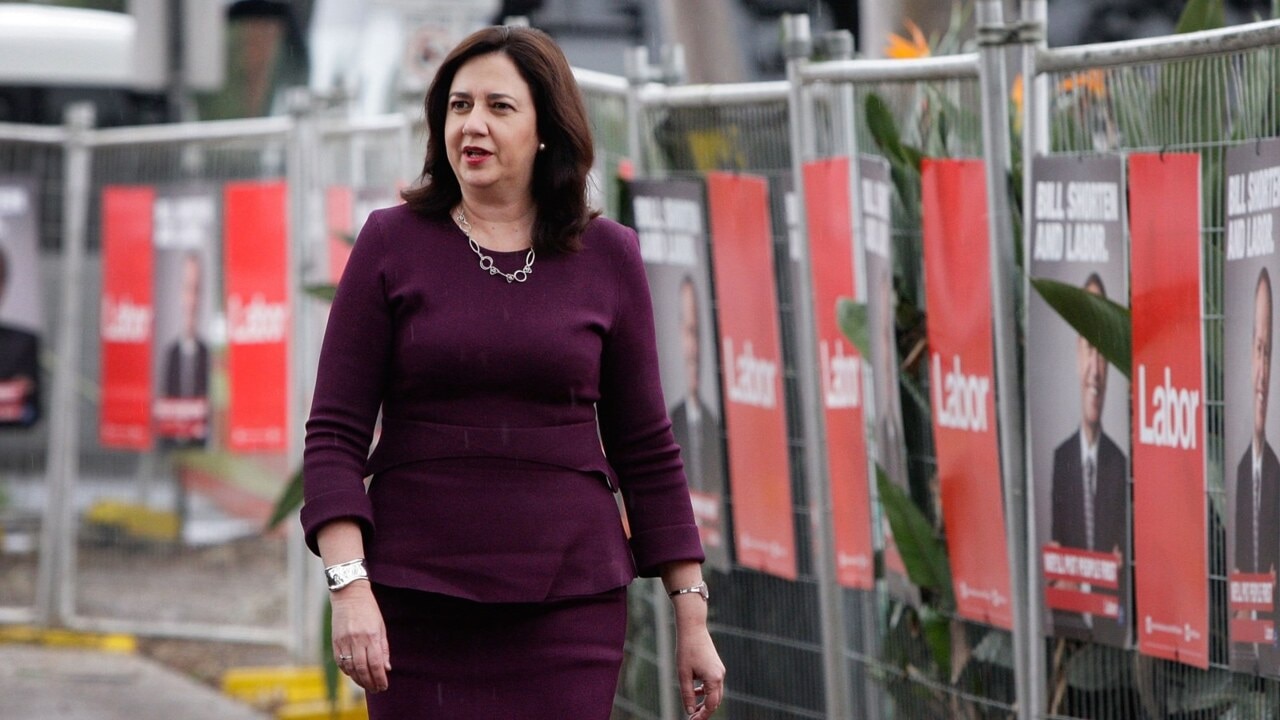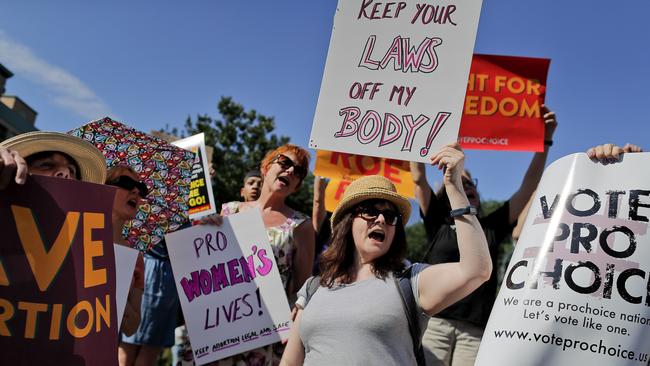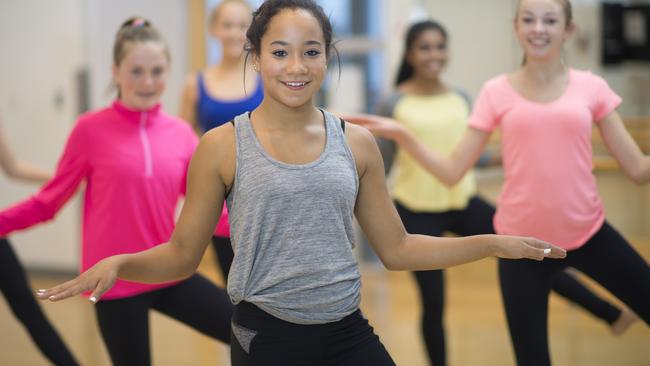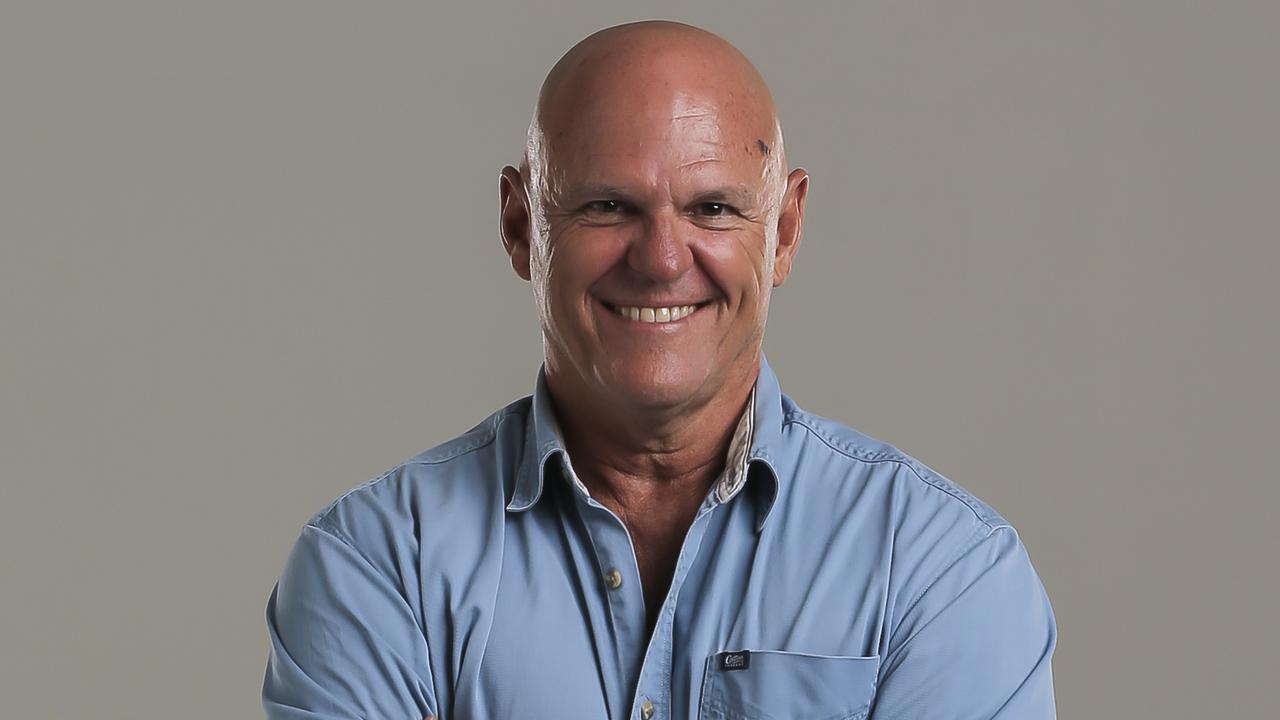Editorial: Respect must come first in abortion reform debate
THE key to navigating the abortion reform debate is respect from all sides. It is an intensely personal issue, and it’s to be hoped that the LNP, like Labor, will allow its members a conscience vote, writes The Editor.

Opinion
Don't miss out on the headlines from Opinion. Followed categories will be added to My News.
THERE are few more fraught debates than the argument over abortion and a woman’s right to choose.
No matter what path lawmakers take there will be those genuinely aggrieved by the outcome.
On one side are women still fighting for autonomy over their own bodies, who are understandably appalled that in the 21st century abortion is still dealt with as a criminal matter rather than a health issue.
On the other are those who truly believe in the sanctity of life from the moment of conception.

These are the broad battlelines that will be fought over in the next few weeks as the Government prepares to introduce its abortion law reform Bill – the product of a lengthy and considered review by the Queensland Law Reform Commission – to State Parliament.
There can be little argument that reform is overdue.
The existing statutes date to the late 19th century and are an anachronism in modern Queensland.
It also should be noted that, certainly in recent decades, there has not been a successful prosecution under the laws, despite some attempts during the Bjelke-Petersen era.
In short, the law as it stands means any doctor performing a termination, and indeed the woman seeking the termination, is operating in a legal grey area.
Abortion is still a criminal offence, with some exceptions in the case of medical necessity.
Technically even rape or incest is not legal grounds for abortion.

The Palaszczuk Government, guided by the QLRC, is proposing is to remove abortion from the Criminal Code by the end of the year. The Termination of Pregnancy Bill would allow for abortions at up to 22 weeks and after that only in emergencies.
Unqualified persons caught performing termination procedures face up to seven years’ jail, and safe zones similar to those in Victoria will be established at clinics so patients can attend without being heckled.
One of the key arguments the opponents of reform put forward is that leaving abortion in the Criminal Code underscores the seriousness of the issue and the gravity of a decision a woman might make.
This is hard to justify given that thousands of legally grey abortions are already performed in this state every year; and that most women would already say the decision to terminate (or not) a pregnancy is the hardest choice they will ever make.
The key to navigating the next few weeks will be respect.

And that means respect from all sides of the debate, and recognition that there are a range of ethical views on the issue.
For many Queenslanders, and that includes our parliamentarians, this is an intensely personal issue, and it should be treated as such.
For our political parties it would be hoped that the LNP, like Labor, will allow its members a conscience vote and not seek to bind MPs one way or the other.
What we are doing at the end of the day is shifting the responsibility in this sensitive area to where it belongs, and that is between a women and her doctors.
Quite simply politicians, police and the courts should not be arbiters of a women’s reproductive decisions.
NATION HAS DROPPED THE BALL ON SPORTS EDUCATION
AN EFFECTIVE education is usually a balanced education; a start in life that grounds our next generation in as broad a range of life skills as possible.
And not all of that time – some 12 years spent inside the school gates – necessarily needs to be spent in a classroom concentrating on the purely academic. As the saying goes, “mens sana in corpore sano”, or a healthy mind in a healthy body.
It is stating the obvious to say that far too many of our children today could do with a much more active lifestyle.

Regular participation in sports and exercise would not only reduce levels of diabetes and other health problems, but it would also contribute to a child’s learning experience.
As the Australian Sports Commission noted in its submission to the Gonski 2.0 review: “Beyond the health and wellbeing benefits, developing the physical capabilities of children and young people is proven to enhance performance in other academic pursuits.”
Now National Party deputy leader and Sports Minister Bridget McKenzie has suggested that sport should become a compulsory part of the school syllabus in an effort to improve both academic outcomes and build “physical literacy”.
Part of her reasoning is that the cost of extracurricular sporting activity is prohibitive for many families.
At face value, the argument has merit – certainly when it comes to key basics such as swimming lessons – but there is a long way to travel before what is essentially still a thought bubble could be translated into education policy, especially given individual states set their own syllabuses.

With educators already concerned about Australian students’ declining performance in key academic areas, what other areas of the syllabus would be sacrificed to make way for sports lessons? Who would pay for any extra costs associated with such a program? What alternative arrangements would there be for children who for some reason could not participate? What form would the sport take, and what options would students have?
Still, these are not insurmountable hurdles, and if Senator McKenzie can convince her federal education counterpart Simon Birmingham to place the issue on the agenda, it is certainly a discussion worth having.
Responsibility for election comment is taken by Sam Weir, corner of Mayne Rd & Campbell St, Bowen Hills, Qld 4006. Printed and published by NEWSQUEENSLAND (ACN 009 661 778). Contact details are available at couriermail.com.au


